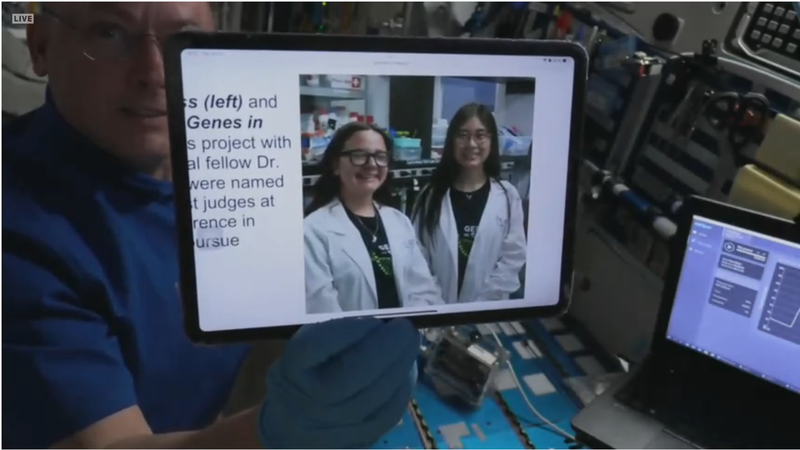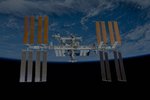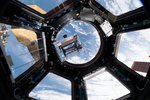Genes in Space winners receive a message from the ISS
On August 23, the experiment Genes in Space 2024 contest winners Julia Gross and Isabelle Chuang launched to the International Space Station aboard the SpX-33 resupply mission. The first run of their investigation was performed on October 1 and the second run was performed on October 9. Both runs were performed by astronaut Michael Fincke. After he performed the second run, Michael spoke directly to Julia and Isabelle from the ISS, and shared his congratulations with them.
Gross and Chuang’s research project aims to use cell-free systems to synthesize bacteriophages in space and test their ability to lyse susceptible bacteria, with the ultimate goal of using phage therapy to treat bacterial infections on the International Space Station. The final experiment aboard the ISS was enabled by two previously validated tools - the Genes in Space Fluorescence Viewer, a compact and easy-to-operate tool that allows for visualization of biomolecules, and the miniPCR thermal cycler.
Julia Gross and Isabelle Chuang won the 2024 Genes in Space competition after presenting their proposal at the ISS Research & Development Conference in Boston, MA, last year. Gross and Chuang designed their experiment with input from their academic sponsor, Mary Beth Spina, and their Genes in Space mentor, Harvard University scientist Dr. Kayleigh Ingersoll Omdahl. Implementation was further supported by scientists Dr. Ally Huang at miniPCR bio and Dr. Jessie Pyle at New England Biolabs, among others.

Astronaut Michael Fincke shares pictures of Julia Gross and Isabelle Chuang from the ISS
Gross and Chuang’s experiment will build on advances made by previous winners of the Genes in Space contest, including the first use of cell-free technology in space. Genes in Space was founded in 2015 by miniPCR bio and Boeing, with additional support from the ISS U.S. National Laboratory and New England Biolabs.


